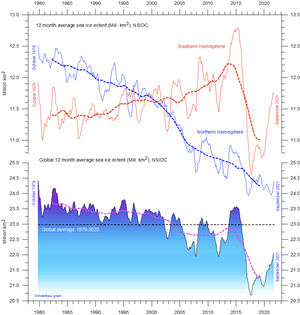If this survey is real the messages these young people are receiving are completely wrong.

We need to reduce our impact on our planet but CO2 is a complete red herring. The current ECS (temperature increase for a doubling of CO2 in the atmosphere) is centred around 3°C (IPCC AR6). The 2°C will destroy civilisation is simply made up.

